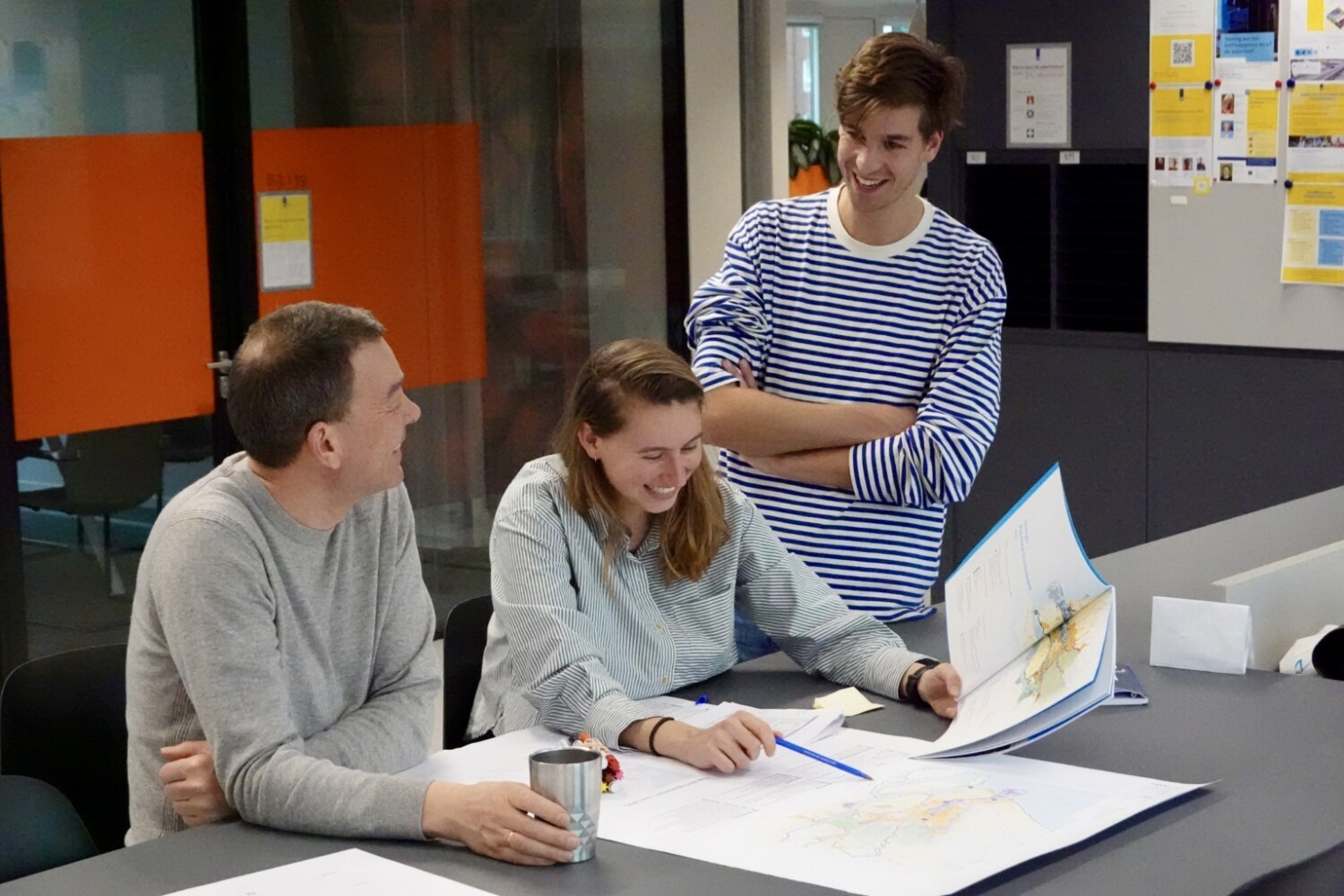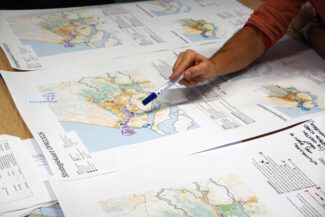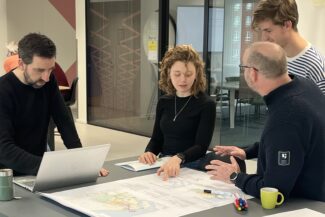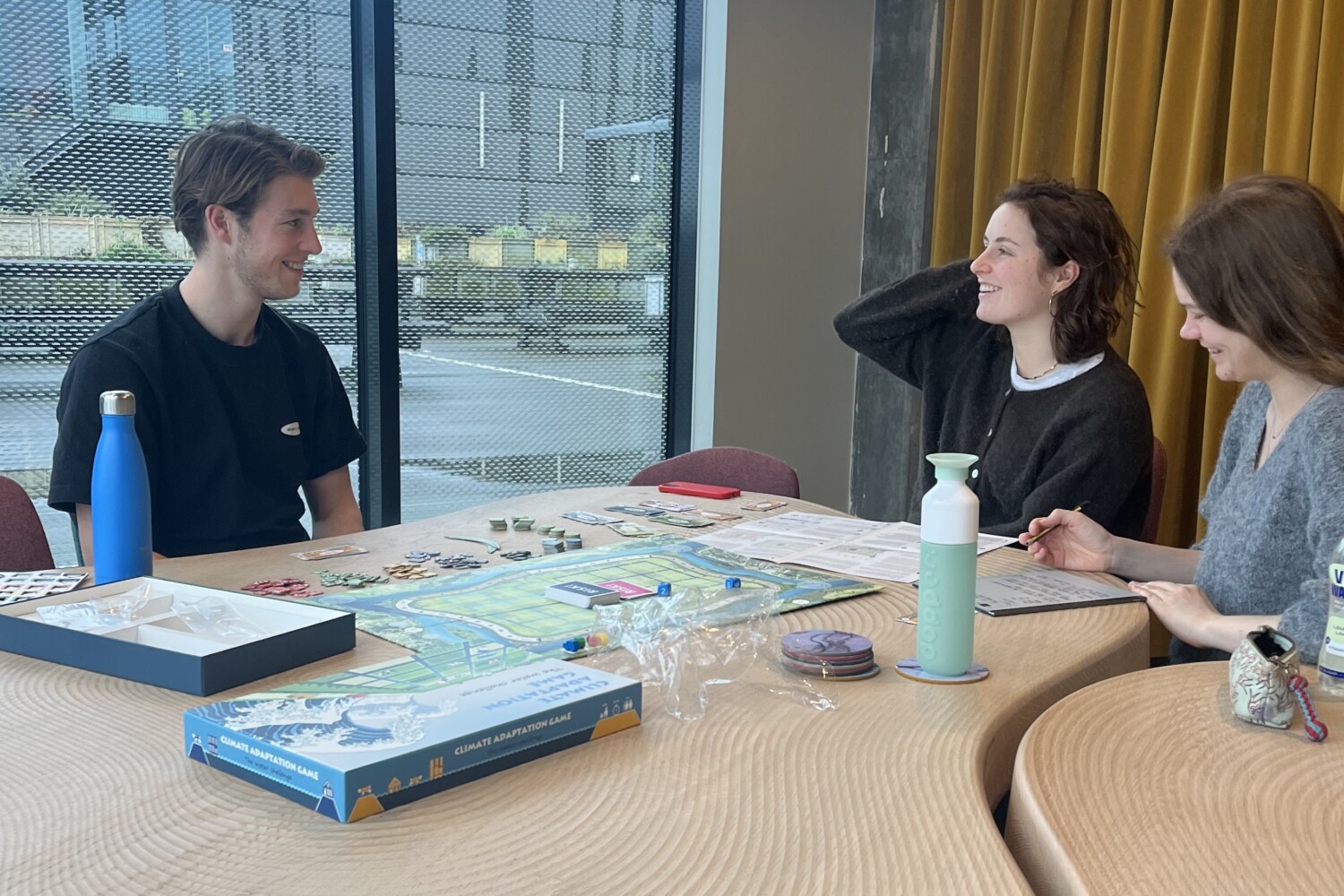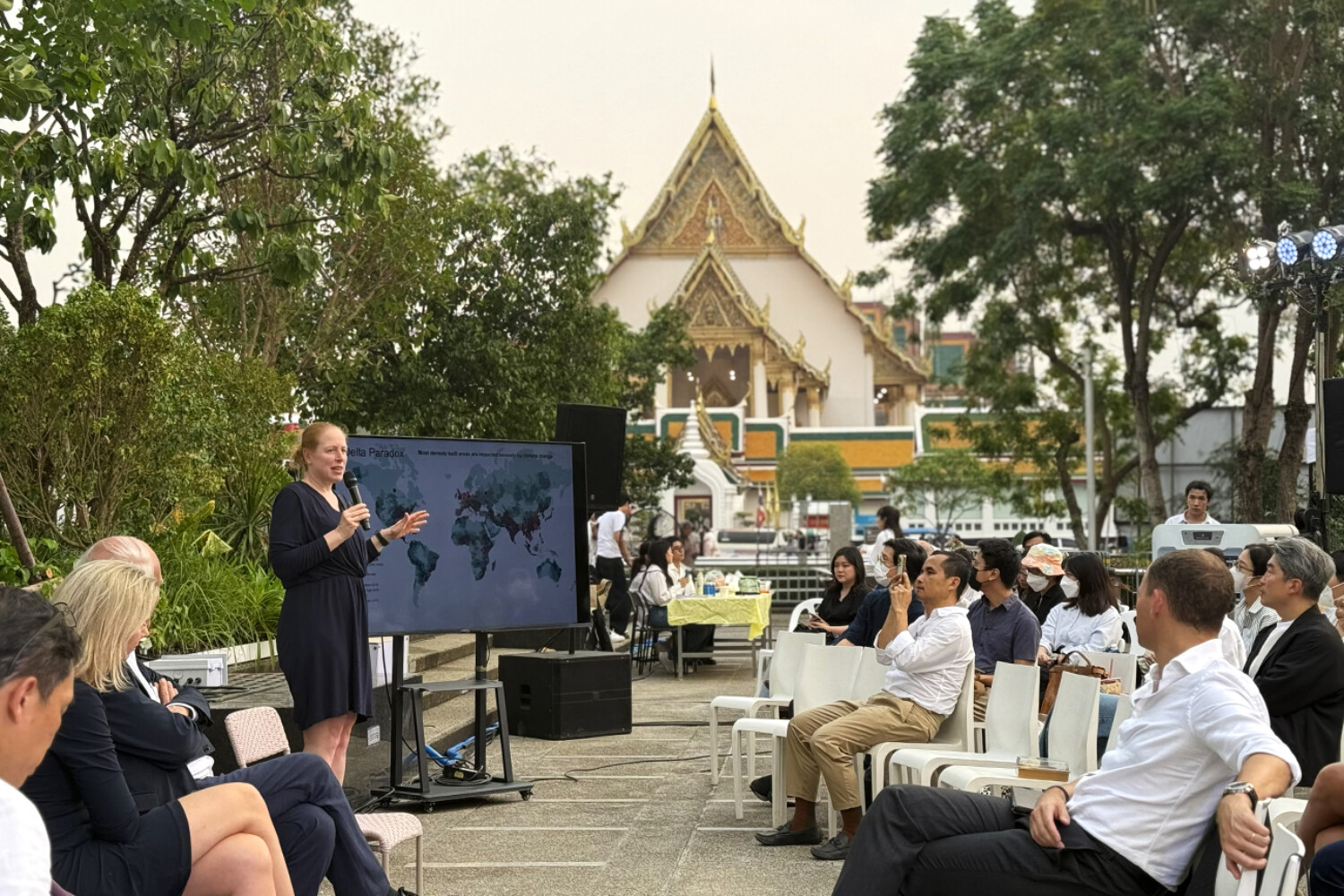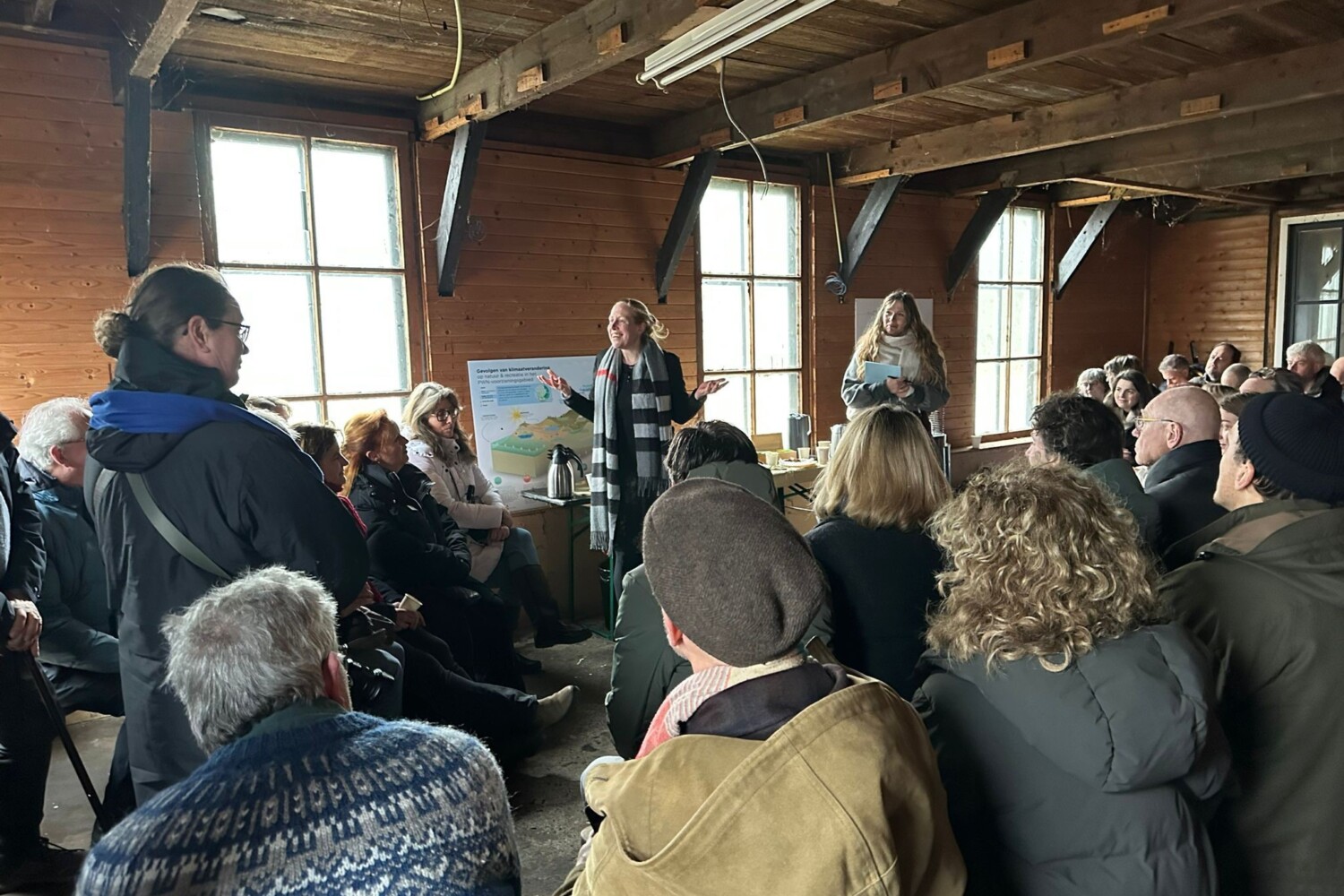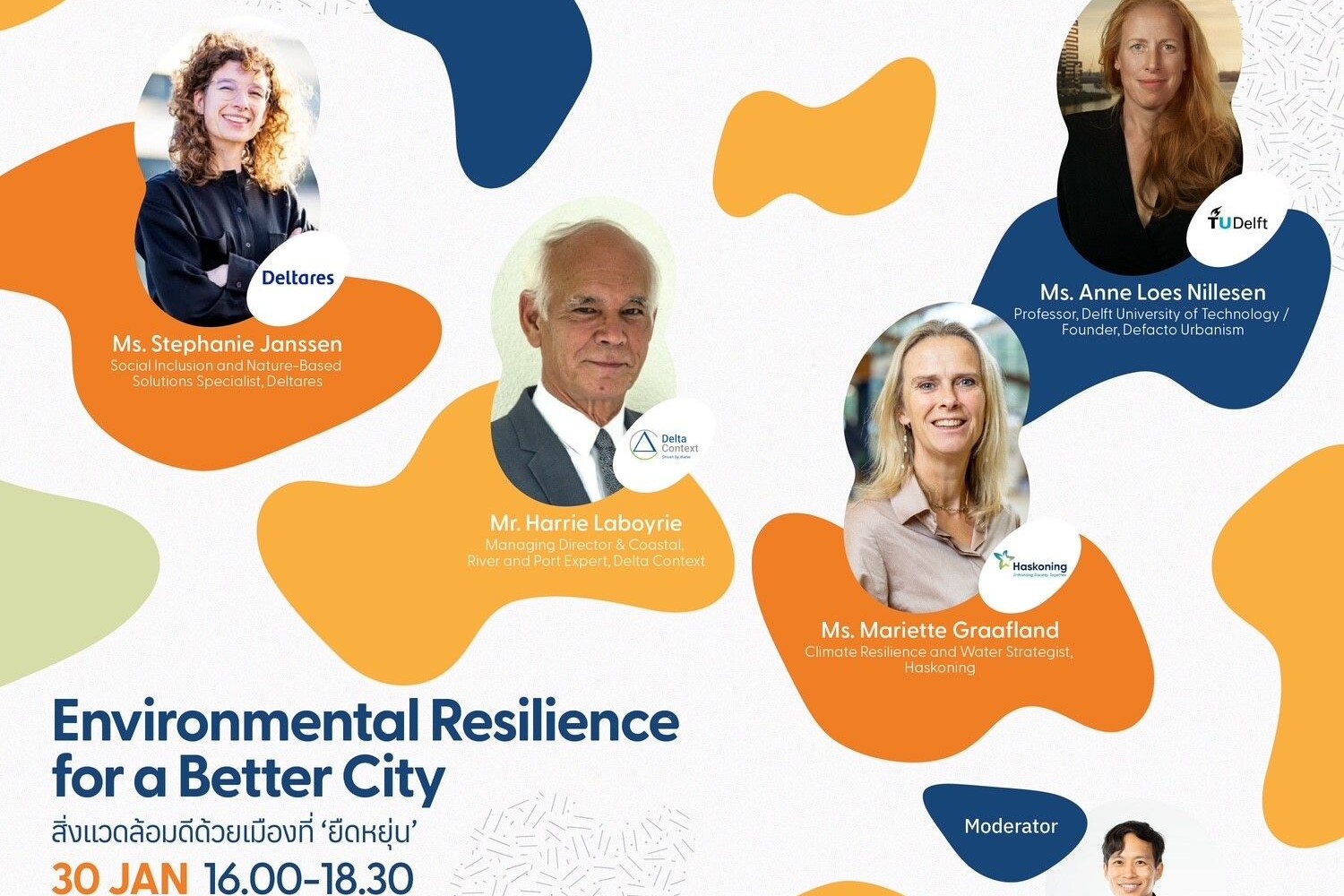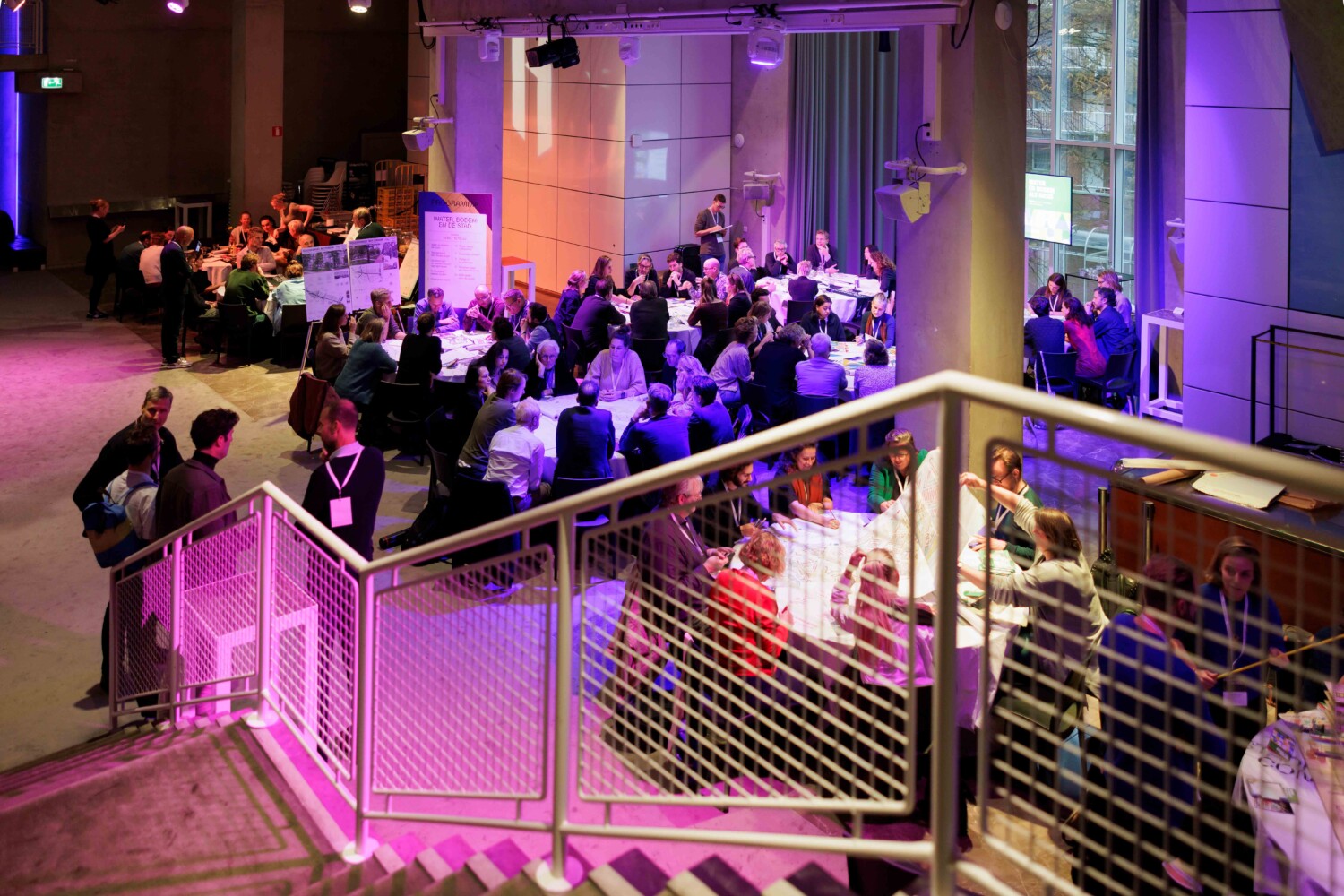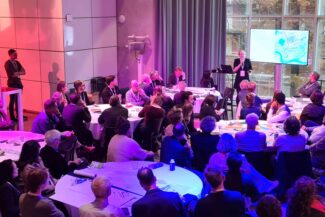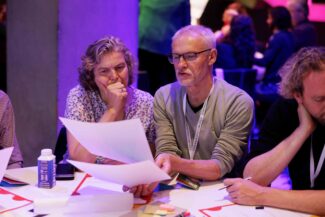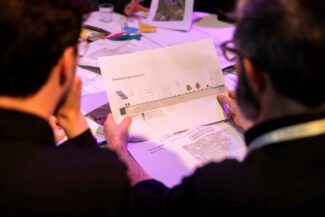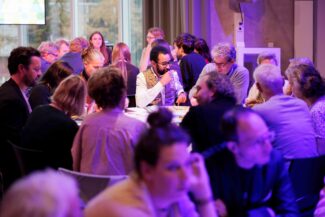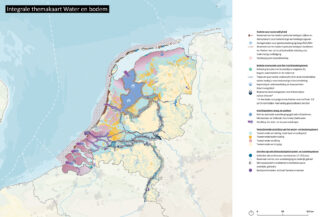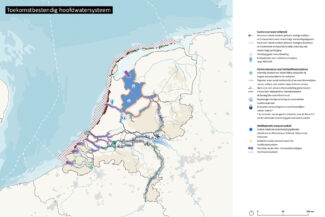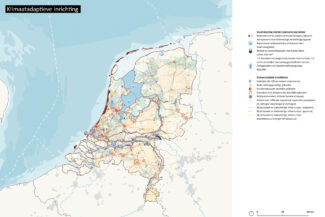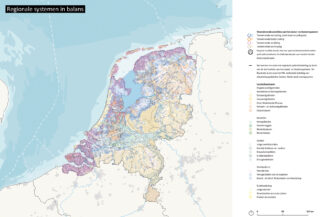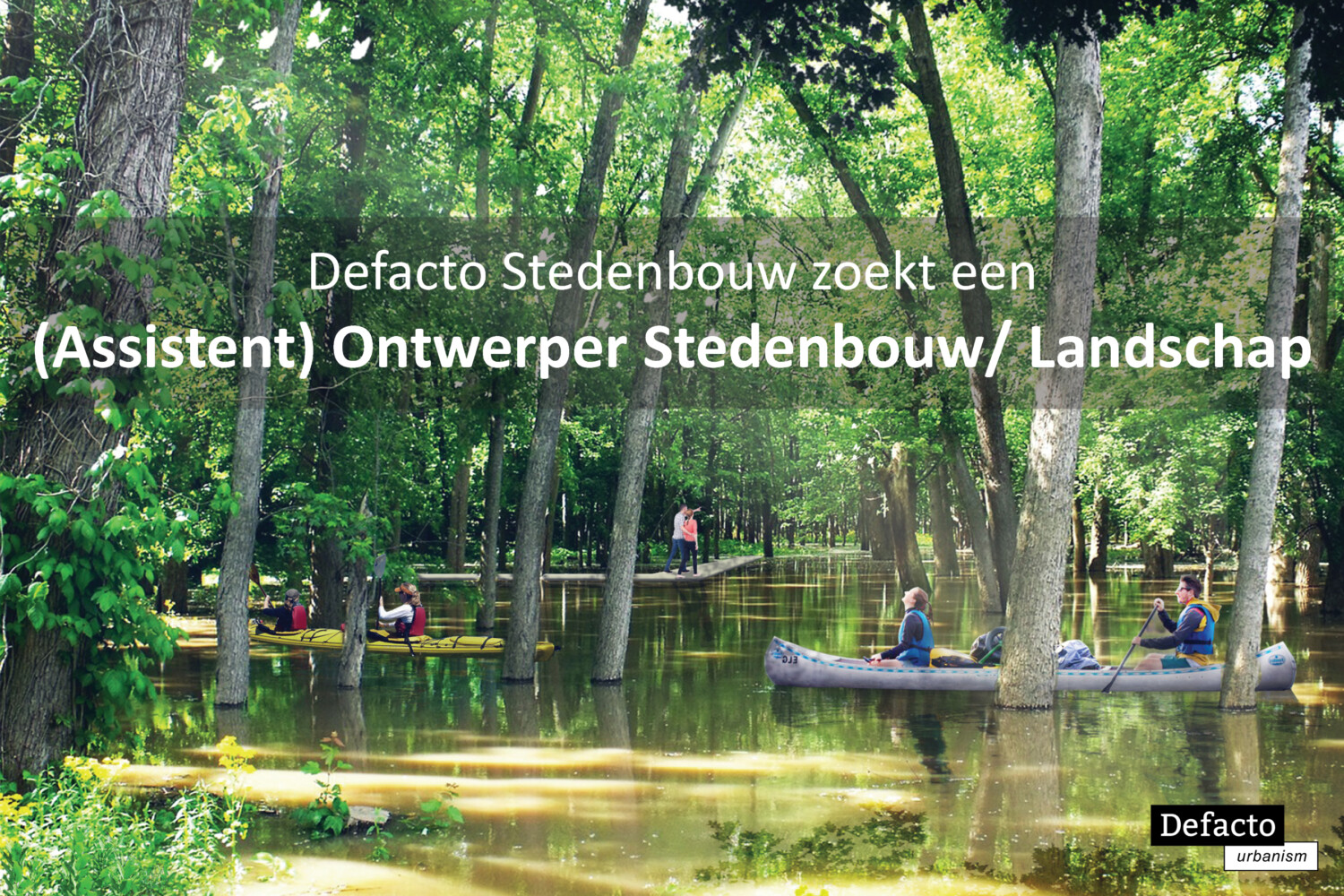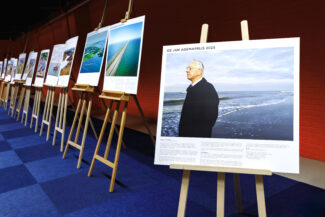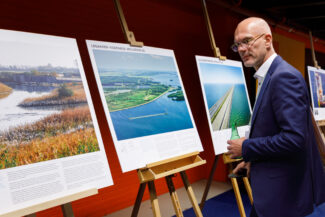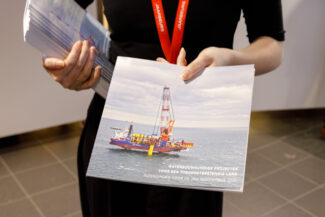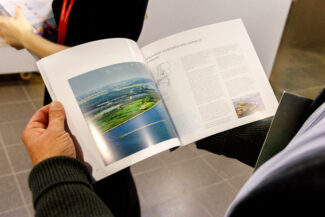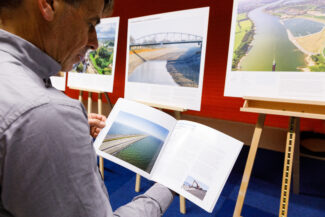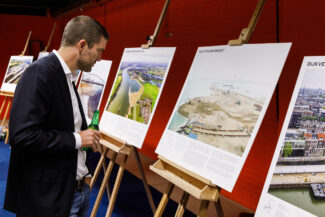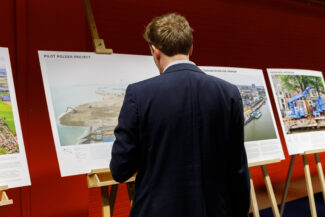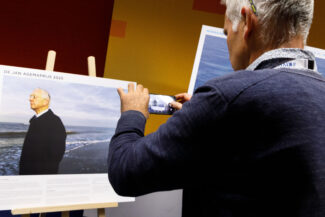Defacto Stedenbouw werkt aan uiteenlopende projecten: van inrichtingsplannen en parkontwerpen tot de ontwikkeling van regionale en nationale strategieën op gebied van klimaatadaptatie. We hebben de afgelopen jaren een sterke reputatie opgebouwd op het gebied van ontwerpen met water en klimaatadaptatie. We werken aan projecten zoals het Nederlandse, Bangladesh en Mekong Deltaplan en de klimaatadaptatie strategieën voor Rotterdam, Amsterdam, Khulna, Houston en Kigali. Daarbij spelen ontwerpend onderzoek, integrale en interactieve werkprocessen en ontwerp een belangrijke rol.
Wil jij meewerken aan stedenbouwkundige en landschappelijke ontwerpprojecten en werken aan hedendaagse uitdagingen zoals klimaatverandering, circulariteit, groene steden en waterbeheer?
Vanwege het groeiende aantal projecten zijn we op zoek naar een enthousiaste (assistent) ontwerper. In teamverband werk je aan verschillende projecten waarbij je op basis van onderzoek en stakeholderworkshops de opgave scherp in beeld brengt en door vertaalt naar integrale, aansprekende ontwerpen en strategieën.
De complexiteit van onze projecten vraagt om veel kwaliteiten. Je hebt of bent:
- Een master stedenbouw of landschapsarchitectuur van de TU Delft, WUR of de Academie van Bouwkunst
- Sterke analytische vaardigheden en een sterk conceptueel denkniveau
- De capaciteiten om concepten en reële planvorming samen te brengen
- Sterk in ontwerpend onderzoek en bewezen ontwerptalent
- Goede grafische vaardigheden en aantoonbare ervaring met Adobe CS of GIS.
- In staat om een project zowel in presentaties als in rapportages over te brengen
- Goede beheersing van het Nederlands
- Bij voorkeur werkervaring bij een toonaangevend bureau
Verder ben je:
- Representatief en ondernemend
- In staat de verantwoordelijkheid voor deelprojecten op je te nemen
- Goed in staat om hoofd- en bijzaken te onderscheiden
- Nauwkeurig en onderzoekend
- In staat om het overzicht te houden
Wat kun je van ons verwachten:
Je werkt met ambitieuze collega’s, in multidisciplinaire en internationale teams. Er heerst een open bedrijfscultuur met veel ruimte voor eigen initiatief, daarbij vinden wij het vanzelfsprekend dat je in je werk wordt ondersteund met feedback. Er zijn veel kansen om door te groeien en snel zelfstandig aan projecten te kunnen werken.
Ben je geïnteresseerd en voldoe je aan de (taal)criteria? Dan zien we je sollicitatie graag tegemoet. Stuur je cv, motivatie en portfolio (max. 10 MB) naar jobs@d.efac.to
Heeft u vragen over de vacature, neem dan contact op met office@d.efac.to
